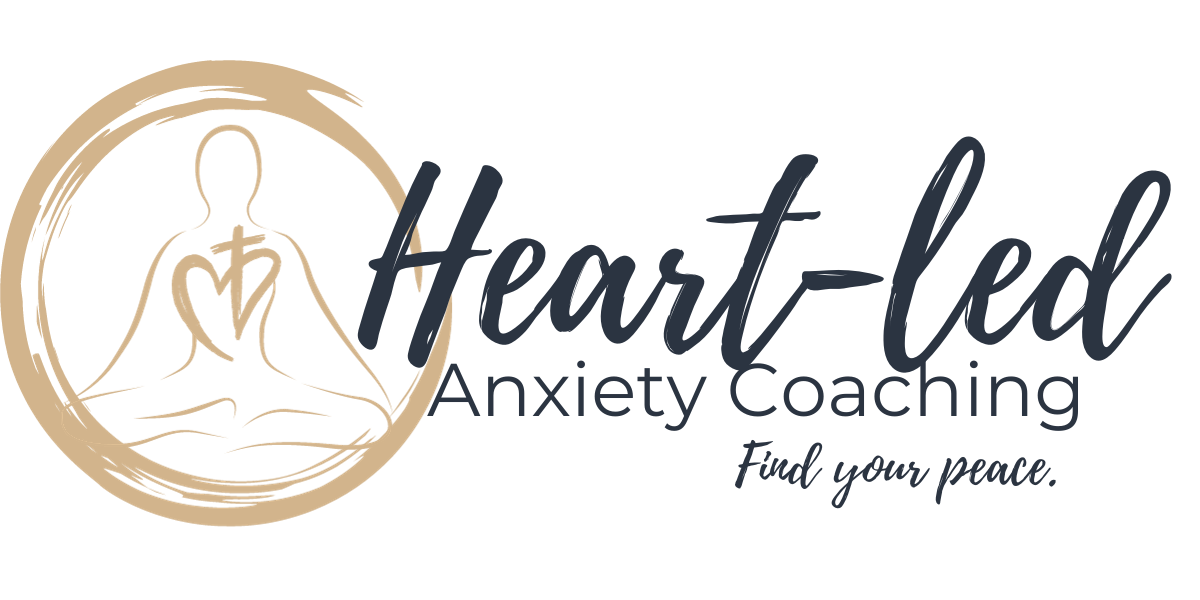Episode 10: Boundaries Part 3: Boundaries in Parenting
Hi there! Okay, today is a juicy one. It's part 3 of 3 on boundaries & it's all about boundaries in parenting. If you haven't listened to episodes 8 & 9 make sure to go back and give a listen. They lay the foundation for what I talk about today.
I truly believe when we can shift our perspective on boundaries, it makes them more successful & easier to set. Let's dig in.
If you're anything like me, holding limits with your children can be the hardest part of parenting. Am I right or am I right? Yet, I’m also understanding that having & holding limits for my children is actually how they feel safe & secure. That, right there, is enough to keep me strong in my commitment to be intentional with the guardrails I put in place for my children. Our children need limits to guide them. A lack of boundaries creates chaos in them, never knowing what's okay, what's not and when.
And here's the thing, (maybe this is why it's so hard) we have to balance this all out with honoring our children's need & desire for autonomy. Guide them while also letting them free to make choices.
It's so tricky sometimes.
I like to think of boundaries as something completely different than rules. Rules are rigid and are usually sourced from a place of anger or fear. Boundaries are limits that are proactively established with intention in order to guide & teach values but also to honor our own, unique limits. Boundaries support cooperation. Rules create resistance.
Cooperation at the expense of connection isn't really cooperation. It's compliance. Compliance only lasts so long. And is that really what we want? I think we really want a deep connection with our kiddos while also having an easier go of daily life. Well then, connection comes first. It must.
When our children feel connected, they want to cooperate. They want to be helpful.
But when we're angry, yelling & dysregulated, we are seeking to control through punishments & reprimands. It is human nature to resist force. So it simply does not work to force compliance. The absolute best way to influence your child's future choices is through connection. Plus, it feels better. It feels good to be working together, loving & respecting each other.
The way we do this is through holding personal boundaries for ourselves & holding limits for our children. This is highly unique to each person and family.
Boundaries place limits on the behavior while acknowledging & seeking to understand the need or feeling driving the behavior.
They’re not punishments. Punishments are behavior focused. They’re the attempt to gain short term control at the expense of long term connection.
Children are always trying to establish a sense of self. The more we exert control the more they will fight for their autonomy. We have to stop creating the fight. Stop holding their resistance against them. Expect it. Welcome it. Support them through it. Work to connect. To collaborate. It will require you to respect yourself through holding personal boundaries that your child won't like. It’ll require you to hold space for some BIG feelings. You're creating the container in which they get to explore life safely. The way we do this peacefully & respectfully is through setting limits while recognizing that they get to have their feelings. We don't get to decide how they feel. We honor & welcome the tough feelings that come up for them with the limits we set. We understand why they don't like it. And we are compassionate with those feelings. And still, we hold the boundary. Calmly, but firmly getting your child buckled in the car seat while they are resisting is very different from yelling at them to just cooperate while shoving their arms through the straps. True empathy here makes all the difference.
It IS possible to be firm AND kind. To be respectful. To hold the limit while preserving the relationship.
To support us in doing this we give our child choices on the how, not the what. We honor their independence & autonomy through choice but within the container we are comfortable with (honoring our limits). This also teaches them to take ownership of their choices. The way they get good at making choices for themselves is through practice. In this way, we support them in developing their independence. This is also how they get to know themselves. With the hope being that when we're not around, they make the choices that are in their best interests, all on their own.
Seriously, I could talk about this forever because boundaries are one of the foundational skills to create healthy relationships. But I invite you simply to just listen. I dive further into the 3 C's of boundaries (clarity, connection, consistency) as it relates to parenting and how attaching boundaries to your values is how we get very intentional with them. This one really is a must-listen.
Listen to part 1 & 2 of the Boundaries mini-series below:
Episode 8: Boundaries Part 1: Why They feel SO Freaking Hard
Episode 9: Boundaries Part 2: Navigating Relationships
If you’re loving what you’re hearing and you desire support between episodes and you’re not a member of the Thrive in Motherhood community, consider this your invitation to join.
